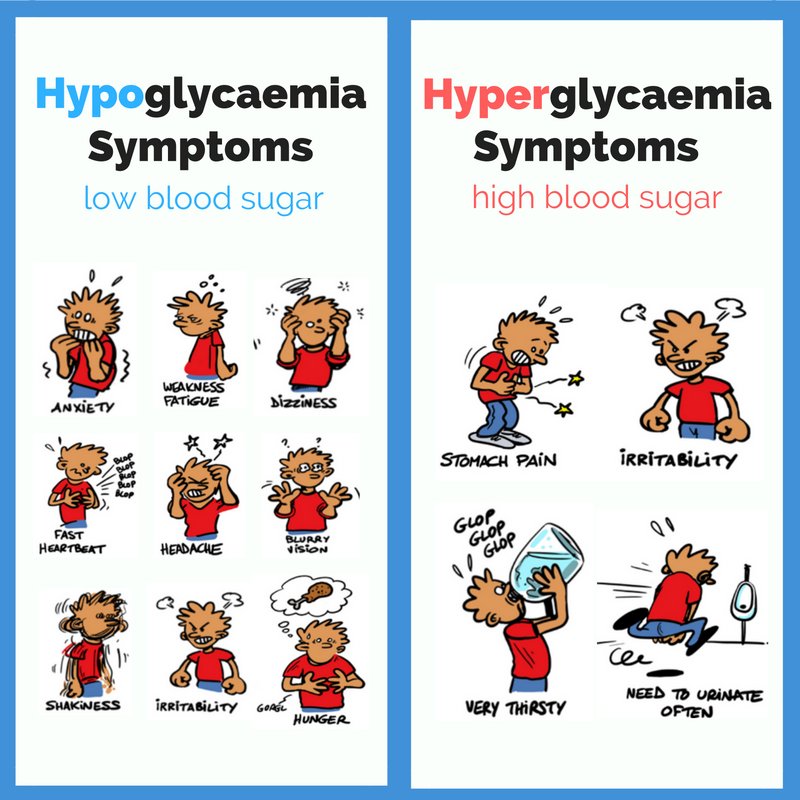Image source: http://www.petmd.com/sites/default/files/4-dog-anxiety-167611388.jpg
Panic attack in dogs comes on suddenly and can be triggered by loud noises such as thunder, fireworks or gun shots. The fight or flight instinct kicks in big-time, but since they can't fight something they can't see, some dogs will usually try to run away from the noise. For dogs who are fenced in or contained within a house, there is nowhere for them to go. So they turn all of that "flight" energy into outward destructive behavior or they internalize it, causing severe shaking, whining, panting, and raised heart rate.
It is not really understood why some dogs suffer from these panic attacks and others don't. One dog in a household may sleep through a violent thunderstorm, while another dog goes absolutely berserk and seems to be totally inconsolable.
If you have adopted a rescued dog, it may be impossible to know its previous history. It could have included some type of incident that left it deathly afraid of certain situations or sounds. If only they could tell us. Then again, I'm not sure I would want to know. Anyway, the reason behind the panic may never be known, but it's really not as important as helping your dog overcome the behavior.
I really think that a panic attack in dogs is much the same as it is in people. I don't think we really understand why some people suffer from it and yet others don't. However, humans have the means to seek out help and put that help to use in conquering our fears.
Dogs don't have the tools to deal with an anxiety or panic attack. They have no means of working through it or of understanding how to overcome this panic they are experiencing.
That is where we, as their caretakers, must intervene and find methods to help overcome this panic attack in dogs.
First of all, I have to stress the importance of not punishing your dog for running away or destroying something during a panic attack. Your dog is reacting to something he doesn't understand. By punishing him you will only be adding to the stress and confusion, possibly escalating any further episodes.
I do believe that a dog who has undergone some obedience dog training will have a bit of an edge over an untrained dog in that you may be able to distract your trained dog momentarily with commands. This is not always the case with extreme anxiety, because it does seem to over-ride any previous training, but with mild cases of panic attack, distraction with obedience work may help.
One method of calming your dog during a panic or anxiety attack is through the use of sedatives. This is not a recommended method for the obvious reason that it will not solve the problem. It will only drug your dog through the event. Most sedatives will last for a few hours, during which time your dog will be lethargic, unsteady and uncoordinated.
Some sedatives will restrict the reactions of the dog, yet will not lessen the terror going on within the dog's mind. He will still experience the distress of the situation without being able to do anything about it. If you have decided to use sedatives to help your dog through an extremely anxious time, please do some research on the side effects of the particular sedative you will be using.
The ultimate goal is to help your dog overcome its terror and get through a stressful event with a somewhat more peaceful balance of mind.
Another tool for helping overcome a panic attack in dogs is the anxiety wrap. You can find this as the Original Anxiety Wrap and the Thundershirt. The anxiety wrap is a snugly fitting shirt that exerts deep touch pressure on pressure points to soothe a dog during stress. It is similar to the swaddling of an infant to help it feel secure. This does not work for every dog or every instance of irrational anxiety a dog may experience, but it does help many dogs. Some it helps instantly, others may take several times of using the anxiety wrap to gradually lessen the extreme panic they have experienced so many times.
One other method of teaching your dog to overcome its extreme fear is by gradually exposing it to the very thing it is terrified of, such as thunder. You would start this with a tape recording of thunder. Play it at a very low level, encouraging your dog to take treats, to play ball, to dance around and have fun. This will help your dog to associate good things with the noise it has previously deemed terrifying. Gradually increase the noise, but only after your dog has accepted each level, showing no significant anxiety.
There are several methods to work through a panic attack in dogs. There really is no reason to simply watch your dog deal with the terror it feels. It may take some research, some effort and a LOT of patience, but it will be worth it in the end to suddenly realize you are in the middle of a thunderstorm and your dog is lying peacefully on its bed.
